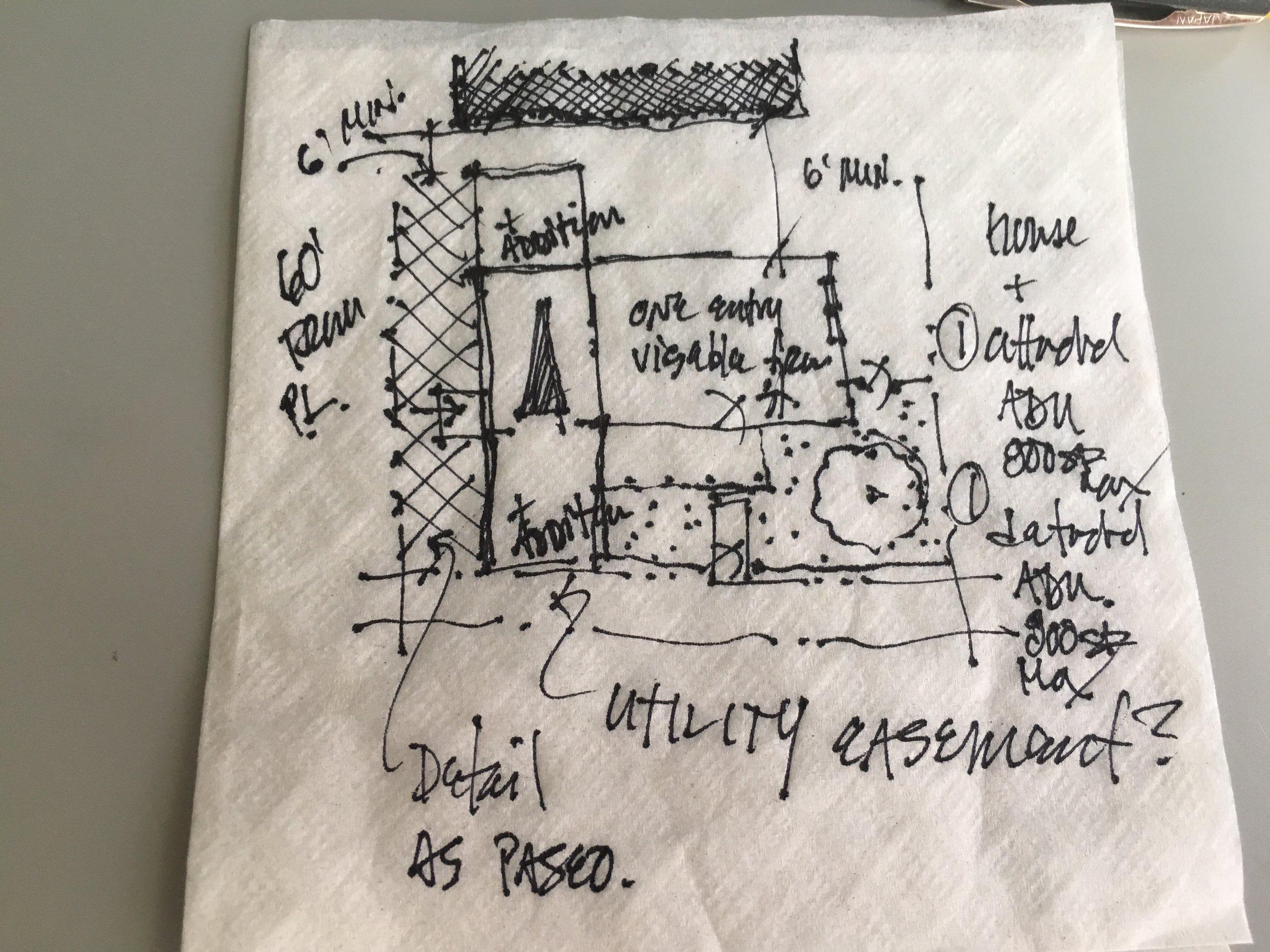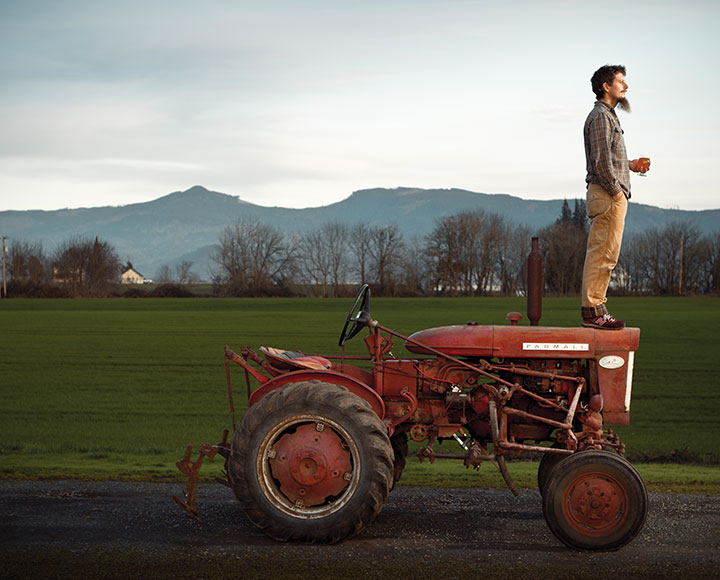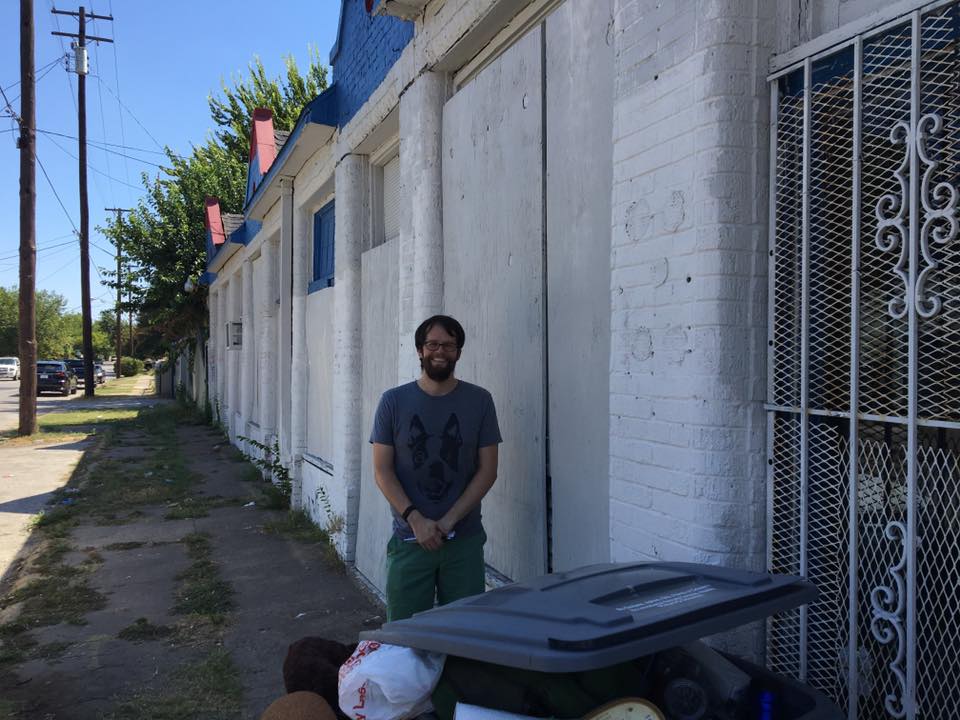 I continue to ask Urbanists "why aren't you a developer yet?" That's a sincere and serious question. I am serious about recruiting Architects, planners, engineers, activists who consider themselves to be urbanists (New or otherwise) into the ranks of the small developer cohort because I think it is the best way for an urbanist to have an impact in a place they care about. If you have devoted thousand of hours of study and practice to what makes a good place, why leave the construction and renovation of buildings to developers? This question becomes a bit more pointed when you recognize that many conventional developers are doing work in urban settings under duress or without much of a clue how to make their efforts fit a more urban context. I think the typical generalist/urbanist will do a better job than whatever big development outfits are working in their city.
I continue to ask Urbanists "why aren't you a developer yet?" That's a sincere and serious question. I am serious about recruiting Architects, planners, engineers, activists who consider themselves to be urbanists (New or otherwise) into the ranks of the small developer cohort because I think it is the best way for an urbanist to have an impact in a place they care about. If you have devoted thousand of hours of study and practice to what makes a good place, why leave the construction and renovation of buildings to developers? This question becomes a bit more pointed when you recognize that many conventional developers are doing work in urban settings under duress or without much of a clue how to make their efforts fit a more urban context. I think the typical generalist/urbanist will do a better job than whatever big development outfits are working in their city.
While Urbanists are working to heal the city or build better places, they should hang onto some of the buildings that get built/rebuilt along the way. Having a modest portfolio of buildings that pay rent will help them weather the next recession. (It is really hard to make a living doing fee for service or consulting work when nothing is getting built).
With those reasons in mind, we still need to have a sober and realistic grasp of what is involved for someone making a transition to become a developer, given the arena they are likely to operate in. This stuff ain't easy.
People tend to think that all real estate developers make a ton of money, because some developers have. For every major league star in the real estate game there are scores of people hustling to make a living by making their neighborhood better. Lots of people are fooled by the guy in the nice suit driving a very nice leased vehicle.
I don't know how people arrive at the amount of money they assume is made on a development project. The assumptions may be ridiculous, but until somebody actually goes through the process, it is not reasonable to expect them to know the math.
I also recognize that until you can demonstrate otherwise, a new developer is part of a disgraced enterprise. So folks considering taking up this work should not expect thanks or regard. Start small. Hustle on a small project will help you acquire the know how and relationships that will make larger or more complex projects possible, but hustle will only take you so far and you don't want to get into a project that will turn you into a former developer because it is too big or complicated.



